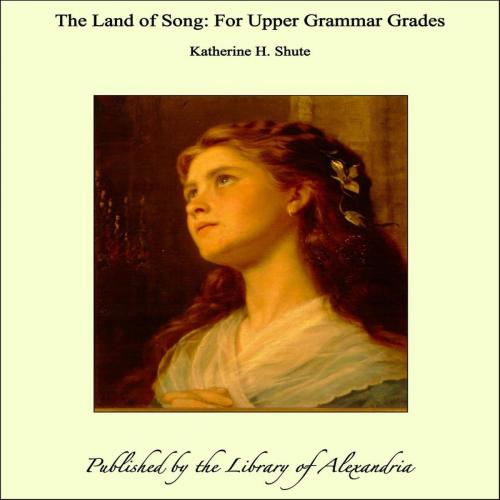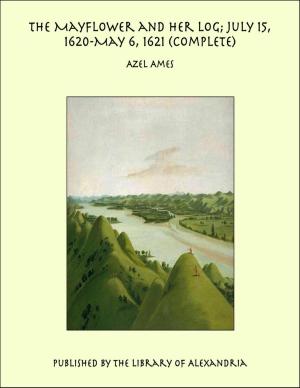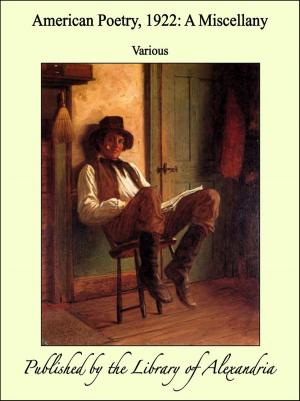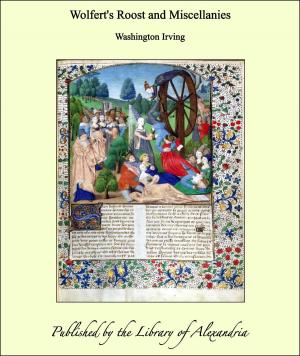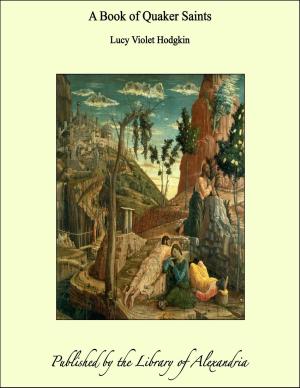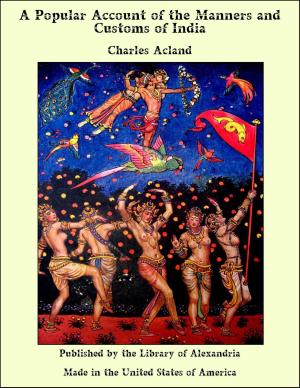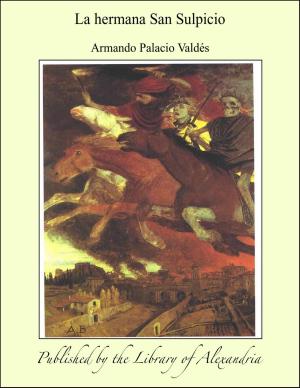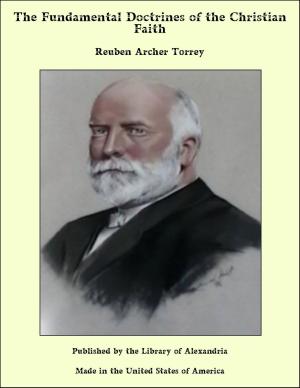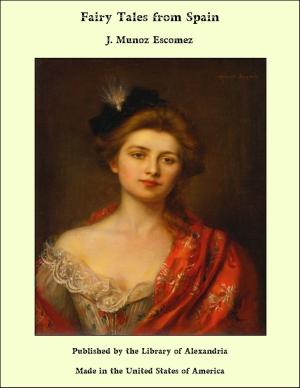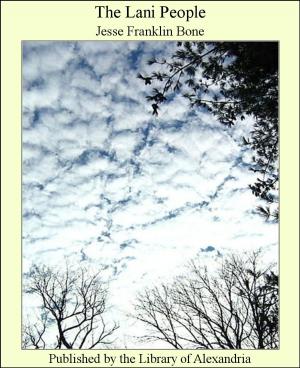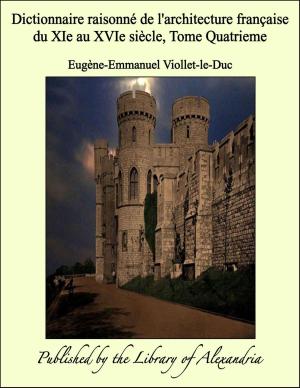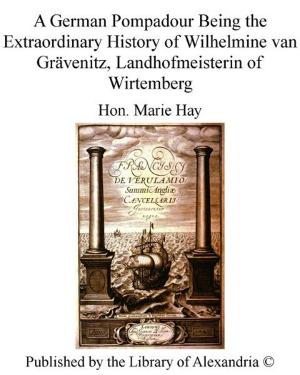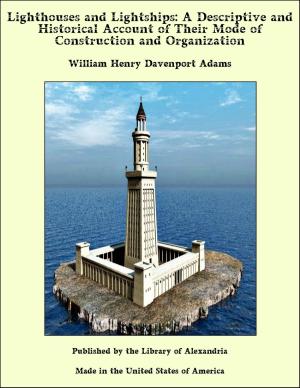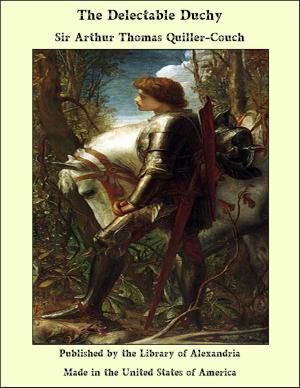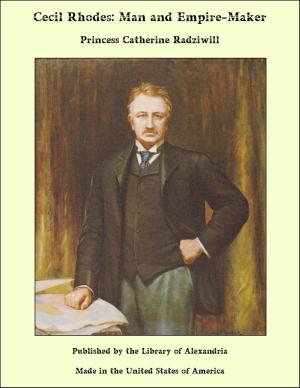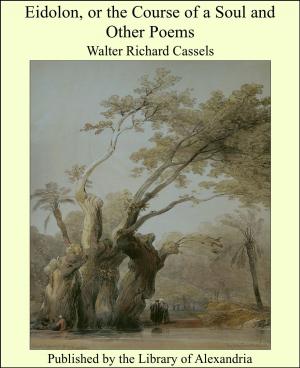The Land of Song: For Upper Grammar Grades
Nonfiction, Religion & Spirituality, New Age, History, Fiction & Literature| Author: | Katherine H. Shute | ISBN: | 9781465557186 |
| Publisher: | Library of Alexandria | Publication: | July 29, 2009 |
| Imprint: | Library of Alexandria | Language: | English |
| Author: | Katherine H. Shute |
| ISBN: | 9781465557186 |
| Publisher: | Library of Alexandria |
| Publication: | July 29, 2009 |
| Imprint: | Library of Alexandria |
| Language: | English |
Compilers' Preface. The inestimable value of literature in supplying healthful recreation, in opening the mind to larger views of life, and in creating ideals that shall mold the spiritual nature, is conceded now by every one who has intelligently considered the problems of education. But the basis upon which literature shall be selected and arranged is still a matter of discussion. Chronology, race-correspondence, correlation, and ethical training should all be recognized incidentally; but the main purpose of the teacher of literature is to send children on into life with a genuine love for good reading. To accomplish this, three things should be true of the reading offered: first, it should be literature; second, it should be literature of some scope, not merely some small phase of literature, such as the fables, or the poetry of one of the less eminent poets; and third, it should appeal to children's natural interests. Children's interests, varied as they seem, center in the marvelous and the preternatural; in the natural world; and in human life, especially child life and the romantic and heroic aspects of mature life. In the selections made for each grade, we have recognized these different interests. To grade poetry perfectly for different ages is an impossibility; much of the greatest verse is for all ages—that is one reason why it is great. A child of five will lisp the numbers of Horatius with delight; and Scott's Lullaby of an Infant Chief, with its romantic color and its exquisite human tenderness, is dear to childhood, to manhood, and to old age. But the Land of Song is a great undiscovered country to the little child; by some road or other he must find his way into it; and these volumes simply attempt to point out a path through which he may be led into its happy fields. Our earnest thanks are due to the following publishers for permission to use copyrighted poems: to Houghton, Mifflin & Co. for poems by Longfellow, Whittier, Emerson, Holmes, Lowell, Aldrich, Bayard Taylor, James T. Fields, Phœbe Cary, Lucy Larcom, Celia Thaxter, and Sarah Orne Jewett; to D. Appleton & Co. for a large number of Bryant's poems: to Charles Scribner's Sons for two poems by Stevenson, from Underwoods, and A Child's Garden of Verses; to J. B. Lippincott & Co. for two poems by Thomas Buchanan Read; and to Henry T. Coates & Co. for a poem by Charles Fenno Hoffman
Compilers' Preface. The inestimable value of literature in supplying healthful recreation, in opening the mind to larger views of life, and in creating ideals that shall mold the spiritual nature, is conceded now by every one who has intelligently considered the problems of education. But the basis upon which literature shall be selected and arranged is still a matter of discussion. Chronology, race-correspondence, correlation, and ethical training should all be recognized incidentally; but the main purpose of the teacher of literature is to send children on into life with a genuine love for good reading. To accomplish this, three things should be true of the reading offered: first, it should be literature; second, it should be literature of some scope, not merely some small phase of literature, such as the fables, or the poetry of one of the less eminent poets; and third, it should appeal to children's natural interests. Children's interests, varied as they seem, center in the marvelous and the preternatural; in the natural world; and in human life, especially child life and the romantic and heroic aspects of mature life. In the selections made for each grade, we have recognized these different interests. To grade poetry perfectly for different ages is an impossibility; much of the greatest verse is for all ages—that is one reason why it is great. A child of five will lisp the numbers of Horatius with delight; and Scott's Lullaby of an Infant Chief, with its romantic color and its exquisite human tenderness, is dear to childhood, to manhood, and to old age. But the Land of Song is a great undiscovered country to the little child; by some road or other he must find his way into it; and these volumes simply attempt to point out a path through which he may be led into its happy fields. Our earnest thanks are due to the following publishers for permission to use copyrighted poems: to Houghton, Mifflin & Co. for poems by Longfellow, Whittier, Emerson, Holmes, Lowell, Aldrich, Bayard Taylor, James T. Fields, Phœbe Cary, Lucy Larcom, Celia Thaxter, and Sarah Orne Jewett; to D. Appleton & Co. for a large number of Bryant's poems: to Charles Scribner's Sons for two poems by Stevenson, from Underwoods, and A Child's Garden of Verses; to J. B. Lippincott & Co. for two poems by Thomas Buchanan Read; and to Henry T. Coates & Co. for a poem by Charles Fenno Hoffman
